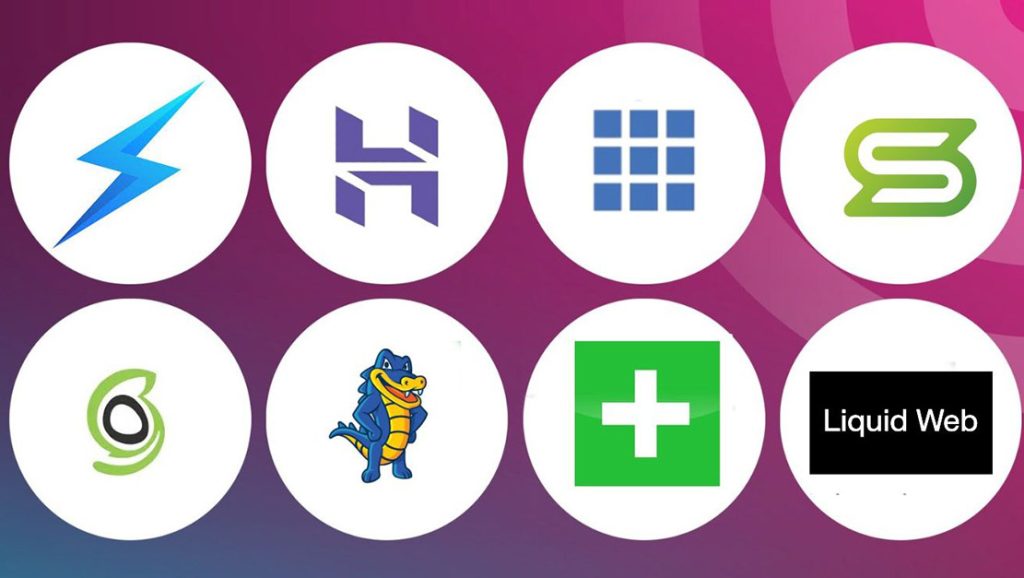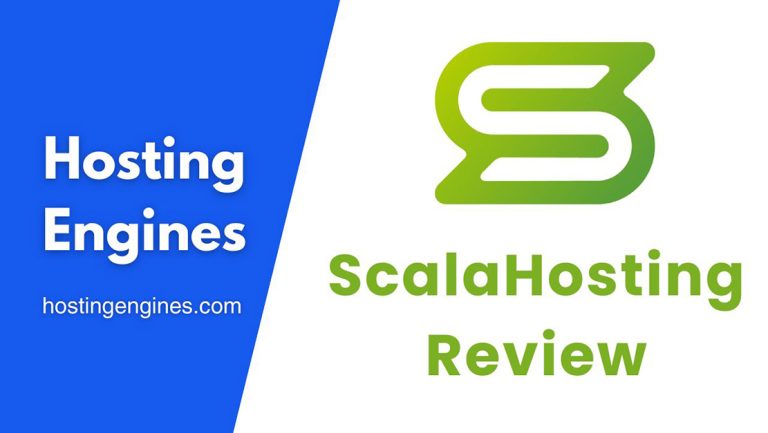In my daily work managing and building websites, hosting has always been one of my main concerns. It not only determines website speed, stability, and security but also directly affects user experience and operational efficiency. As technology evolves, I have increasingly realized that hosting is no longer just a “space” to store files and provide access—it is gradually moving toward intelligence, automation, and high efficiency.
1. Hosting Upgraded by Cloud Computing
In recent years, cloud computing has completely changed the hosting landscape. From my early experience with shared hosting and VPS to now large-scale cloud hosting, I’ve personally witnessed the huge differences in performance and flexibility. The core advantages of cloud hosting lie in elastic resources and distributed deployment.
One experience that left a deep impression on me was when my website traffic suddenly surged. The cloud host automatically allocated more computing resources, ensuring stable operation without any downtime. Such capability is nearly impossible with traditional single-server setups. As cloud technology continues to mature, I foresee hosting fully implementing on-demand resource allocation and automatic scaling, allowing every website to stay smooth even during peak traffic, without manual intervention.
2. Intelligent and Automated Hosting Management
In traditional hosting, although managed services can reduce operational burdens, many tasks still rely on manual configuration. When I tried managing hosting myself, tasks like system updates, database optimization, and security protection consumed significant time and effort.
In the future, hosting will become increasingly intelligent. With AI and automation tools, servers will detect performance bottlenecks, adjust bandwidth, optimize databases, and even predict security threats. I’ve seen advanced hosting providers already implementing automated monitoring and optimization features, such as adjusting caching policies based on traffic patterns or allocating resources to high-traffic pages. This intelligent management will likely become mainstream, allowing users to achieve optimal performance and security with minimal effort.
3. Security and Compliance as Core Competitiveness
Throughout hosting development, I’ve noticed that security has become increasingly critical. Previously, I mainly focused on speed and stability, but after one of my small sites was hit by malicious traffic, I realized that security protection is an indispensable part of hosting.
Future hosting will place more emphasis on security and compliance. Features such as automatic SSL encryption, DDoS protection, malware detection, backup and recovery, and access control will become smarter and more automated. Data compliance, like GDPR and CCPA adherence, will also directly impact global user data access and hosting choices. Security and compliance will no longer be optional—they will become standard in hosting services.

4. Performance Optimization and Global Deployment
Performance and responsiveness have always been my top concerns. Through long-term use, I found the main factors affecting speed include server location, hardware, storage type, and content delivery network (CDN) integration.
As the global internet expands, future hosting will emphasize global deployment and intelligent routing. Server nodes will be distributed across major regions, CDNs will select the best nodes automatically, and hardware upgrades—like SSD or NVMe storage and optimized web server software—will further enhance performance, even enabling millisecond-level response times.
I once ran a test comparing the same website in different regions, and response speed varied significantly. Modern hosting with intelligent CDN scheduling nearly eliminated these differences. This trend will provide a more consistent global experience in the future.
5. Deep Integration with Developer Tools
Hosting is no longer just a space or server provider; it is gradually becoming part of the developer ecosystem. I have noticed that many advanced hosting providers now offer integrated development tools, from Git deployment and automated testing to continuous integration (CI/CD), all within the hosting platform.
This trend will strengthen further. Hosting platforms will not only store websites but also serve as one-stop solutions for development, testing, and deployment. I can push code, manage versions, deploy updates, and monitor performance and security directly on the hosting platform. This allows me to launch new features faster while ensuring website stability.
6. Sustainable and Energy-Efficient Hosting
While paying attention to technological development, I have also noticed the growing importance of environmental impact in hosting. Data centers consume vast amounts of electricity, and servers running at high load generate significant carbon emissions. Future hosting will gradually move toward green and energy-efficient solutions.
Some hosting providers have already begun using renewable energy, optimizing cooling systems, improving hardware efficiency, and reducing energy waste through intelligent scheduling. This not only lowers costs but also aligns with global sustainability efforts. For enterprises and individual users who rely on hosting long-term, green hosting will become an important consideration.

7. Diversification of Hosting Service Models
In the past, hosting was mainly divided into shared hosting, VPS, dedicated servers, and cloud hosting. I have observed that future hosting services will become more flexible. Beyond traditional self-service hosting, there will be managed services, pay-as-you-go options, and distributed hosting models.
For example, some platforms can charge dynamically based on traffic, so users pay only for resources actually used. Others allow modular selection of databases, caching, CDNs, and security features. This flexibility reduces cost barriers for small businesses and individual sites while maintaining performance and security.
8. User Experience Driving Hosting Innovation
I have always believed that the ultimate goal of hosting is not technology itself, but providing a better user experience. Future hosting will increasingly prioritize user experience: ensuring stability and speed while offering intuitive management interfaces, intelligent monitoring, and one-click operations.
Recently, I tried a hosting platform where the dashboard displayed real-time traffic, server status, performance bottlenecks, and security events, along with one-click optimization suggestions. This makes website management simple and efficient, turning hosting from a behind-the-scenes tool into a truly visible and interactive platform.
9. The Future of Hosting: Bringing Technology Closer to People
Through long-term observation and practice, I see that the future of hosting revolves around several keywords: cloud-based, intelligent, secure, global, developer-integrated, green, flexible, and user-experience oriented.
For me, hosting is no longer just a place to “store websites.” It is an intelligent platform that automatically manages performance, security, and resources. In the future, whether it’s a personal blog, corporate portal, or large-scale application, hosting will provide a more efficient, stable, and secure operational experience. I believe this intelligent, service-oriented, and sustainable hosting model will fundamentally change the way we manage websites and let technology truly create value for users.













+ There are no comments
Add yours